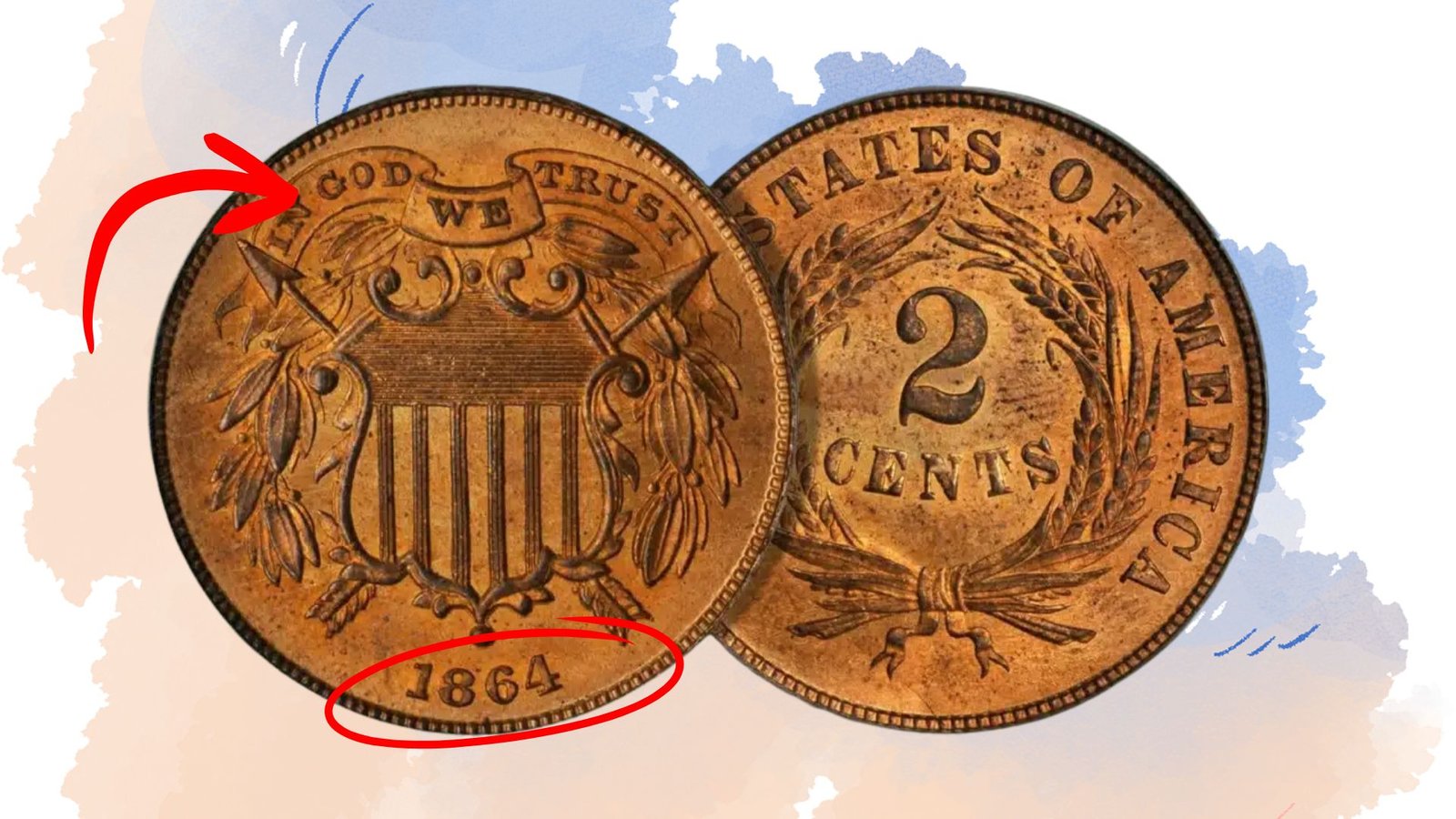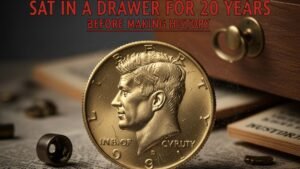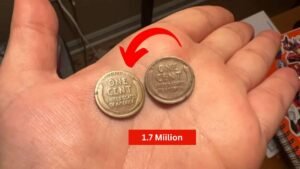Ever stumbled upon an old coin that whispers tales of history? The two-cent piece does just that. Minted during one of America’s darkest hours, this rare coin not only filled a desperate need but also introduced the motto “In God We Trust.” If you’re into numismatic wonders or rare coins, stick around—we’ll explore its story, value, and why it still captivates hobbyists today.
What Is the Two-Cent Piece?
The two-cent piece is a short-lived US coin from the 1860s and 1870s. Made of bronze, it features a shield on one side and a wreath on the other.
It’s famous in numismatic circles for being the first to carry “In God We Trust.” This rare coin bridged a gap in everyday transactions during tough times.
The History and Origin of the Two-Cent Piece
Born amid the American Civil War, the two-cent piece emerged in 1864. Coin hoarding left pockets empty, sparking a shortage.
Congress acted with the Coinage Act, authorizing this bronze denomination. Designed by James B. Longacre, it reflected rising religious sentiment.
The motto “In God We Trust” debuted here, inspired by war-era faith. Production ran until 1873, when other coins like the nickel took over.
Civil War Connection
War chaos hoarded silver and gold. Bronze alternatives like the two-cent piece kept commerce flowing.
It symbolized hope in turbulent times, blending practicality with patriotism.
Why the Two-Cent Piece Matters Today
In today’s numismatic world, this coin represents innovation and resilience. It’s a tangible link to Civil War history.
Rare coins like this fetch premium prices, appealing to collectors. Its motto endures on modern US currency, proving lasting relevance.
For hobbyists, it highlights how crises shape money.
How to Engage with and Collect Two-Cent Pieces
Start by joining numismatic clubs or online forums. Attend coin shows to spot deals on rare coins.
Research grades and varieties for smart buys. Owning a two-cent piece lets you hold history—perfect for building a collection.
Display them in albums or share stories with friends.
Benefits for Hobbyists
Collecting boosts knowledge of US history. It can be a fun, potentially profitable hobby.
Notable Facts and Statistics
The two-cent piece had varying mintages, peaking early then declining.
Here’s a mintage table:
| Year | Circulation Strikes | Proofs |
|---|---|---|
| 1864 | 19,822,500 | 100 |
| 1865 | 13,640,000 | 500 |
| 1866 | 3,177,000 | 725 |
| 1867 | 2,938,750 | 625 |
| 1868 | 2,803,750 | 600 |
| 1869 | 1,546,500 | 600 |
| 1870 | 861,250 | 1,000 |
| 1871 | 721,250 | 960 |
| 1872 | 65,000 | 950 |
| 1873 | N/A | 1,100 |
Key varieties include 1864’s small and large motto. The 1873 is proof-only, making it ultra-rare.
Values vary by condition. Check this approximate price chart (BN designation, based on recent guides):
| Year | Good (G4) | Very Fine (VF20) | Mint State (MS60) | Gem (MS65) |
|---|---|---|---|---|
| 1864 | $20 | $50 | $425 | $2,250 |
| 1865 | $27 | $60 | $165 | $525 |
| 1866 | $30 | $70 | $365 | $1,125 |
| 1867 | $27 | $65 | $210 | $700 |
| 1868 | $28 | $68 | $365 | $1,125 |
| 1869 | $35 | $80 | $400 | $1,200 |
| 1870 | $40 | $90 | $450 | $1,500 |
| 1871 | $45 | $100 | $500 | $1,750 |
| 1872 | $150 | $300 | $1,000 | $4,000 |
| 1873 | N/A | N/A | N/A | $5,000+ |
Expert Tips for Numismatic Enthusiasts
Focus on condition—higher grades mean bigger value. Authenticate through services like PCGS.
Store in protective holders to prevent damage. For rare coins, buy from reputable dealers.
Watch for varieties like the 1864 small motto, worth thousands.
Frequently Asked Questions (FAQs)
What makes the two-cent piece rare?
Low mintages in later years and its short run make it a numismatic prize.
How much is a two-cent piece worth?
From $20 in good condition to over $10,000 for gems or varieties.
Why was “In God We Trust” added?
Civil War religious fervor prompted it, starting on this coin.
Can I still find two-cent pieces?
Yes, through auctions, dealers, or online marketplaces for rare coins.
Is collecting two-cent pieces expensive?
No—entry-level pieces are affordable for hobbyists.
Conclusion
In wrapping up, the two-cent piece isn’t just a forgotten relic; it’s a window into Civil War grit and the birth of an iconic motto. Whether you’re a numismatic newbie or seasoned collector, dive into rare coins like this to enrich your understanding of history. Share this post, hunt for your own piece, or explore more US coin tales—what’s your next find?




